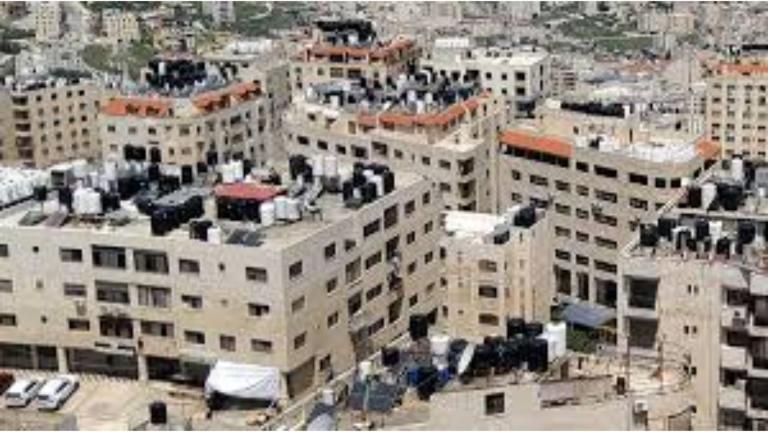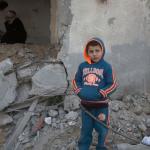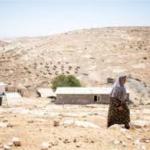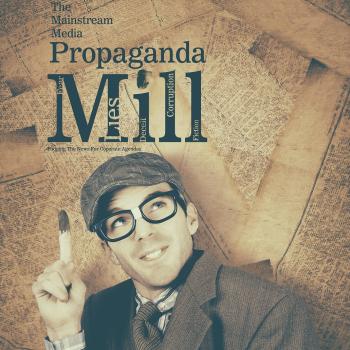
Do you let your shower run until the water is hot—sometimes too long? How much of your monthly income is spent on water? I bet most Americans would have to think for a few minutes before they could answer these questions.
What if you spent 33% of your income on water? And even then you didn’t have enough? Would you suddenly think about how often you shower and how long your showers might last?
What if I were to say that controlling water is one of the major issues behind the Israeli-Palestinian conflict? I suppose most of would not be up in arms about this. Well, we should be.
Did you know that the average person in Gaza consumes 2-3 liters of water a day? And much of this water is unsafe. (it takes more than 3 liters of water to flush your toilet).
Tonight at 5:00 PST / 8:00 EST I will present Livestream #4 on an Introduction to the Israeli-Palestinian conflict, I will begin provide an overview of some of the justice issues that surround this conflict and water rights is one of the biggest issues.
NB: this link will work even if you read this after Mar 27, 2024.
Is it fair to say that since the 1967 war, Israel has become a water Superpower?
Now, before I proceed, you might say that it is antisemitic to call out the nation of Israel for acts of injustice. I disagree.
I believe that if we love Israel, we should call out its injustices. Just as you would not want your child to get away with injustice because you fear that someday they may have to pay the price, so also it is loving Israel to call out its acts of injustice.
NB: To learn more about the weaponization of water in Israel-Palestine, I highly recommend this 5 min video.
Recognizing Palestinian cities from Israeli settlements
You may know that when driving through the West Bank you can easily distinguish between a Palestinian village from an Israeli settlement. The Palestinian villages are recognizable by the large black water storage containers on their rooftops (see photo above).
As the military occupying power, Israel controls the water (this is evident in that they turned off the water to Gaza on Oct 8). One of the problems is that Israel doesn’t usually leave the water on even when they give Palestinians access to it. As a result, Palestinians are forced to collect as much water as they can when the water is turned on and then ration what they have because they never know when it will be turned back on.
To compound the injustice, it must be understood that the West Bank and the Gaza Strip sit on two large aquifers. Meaning: they have access to plenty of water. Problem: once Israel gained control of the West Bank and the Gaza Strip after the 1967 war, Israel gained control of the aquifers. This water is then accessed by the Israelis and pumped into the settlements in abundance. The average Israeli settler consumes 348 liters of water per day. This is more than enough water to live comfortably.
NB: The World Health Organization (WHO) recommends 100 liters per day.
Unfortunately, Israel does not afford the same access to the Palestinians. Even though the aquifers are largely on Palestinian lands. As a result, the average Palestinian consumes 70 liters of water per day—less than the 100 liters recommended by the WHO.
The Palestinian city of Ramallah in the center of the West Bank receives 24in of rain/year. This is more rain than London! Yet Palestinians in Ramallah have insufficient access to water to meet their basic needs.
And as I said in the opening, the situation in Gaza is beyond worse. The average Gazan has access to 2-3 liters of water per day. And not all of this water is safe. To put this into perspective, the average toilet flush uses more than 3 liters. And showers consume an average of 10 liters per minute (think about this the next time you take a shower).
In addition, the Palestinians are regularly forbidden from drilling new wells or deepening existing wells. When Palestinians build systems to collect the rainwater, they are routinely destroyed by Israel.
On average, Israel takes 80% of the water from the West Bank aquifers leaving only 20% of the water for Palestinians (that is 20% of their own water). The 20% that the Palestinians consume, which is water from their own aquifers, is sold back to them by Israel. Estimates are that Palestinians spend 20-40% of their household income on water. And this doesn’t include water for agriculture or industry.
In Gaza, the situation is made worse because of the heavy destruction of their infrastructure as a result of Israeli bombings.
To make matters worse, Israeli bombing campaigns have destroyed most of the sewage treatment facilities. This means that sewage from Gaza runs into the Mediterranean Sea (Israel bombed and destroyed 7 water facilities in Gaza in the first week of November 2023). It is estimated that 95-97% of the water in Gaza has been polluted by over-extraction and sewage infiltration and is not fit for drinking.
The few facilities that are still operational have little to no fuel. As a result, Gazans rely on desalination and water treatment. But this also needs power. And Israel controls the electrical grid.
It is evident that Israel’s war on Gaza cannot be justified as purely defensive.
Our goal is to keep these posts free of charge. I do not intend to ever hide them behind a paywall. I can only do this if those of you who have been blessed by them and can afford to give ($5, $10, $25, or more/month) do so. You can give a tax-deductible contribution by following this link.
Please share this post and let others know about determinetruth.
If you wish to view this blog on your smartphone through the Determinetruth app simply download the “tithe.ly church” app on your smartphone and insert “determinetruth” as the church name you wish to follow. Once it is loaded, simply click on the “blog” icon and it will automatically load.
If you would like to have Rob speak at your church or organization in person or via Zoom, please let us know by filling out the contact info on the Contact me tab on this site.













